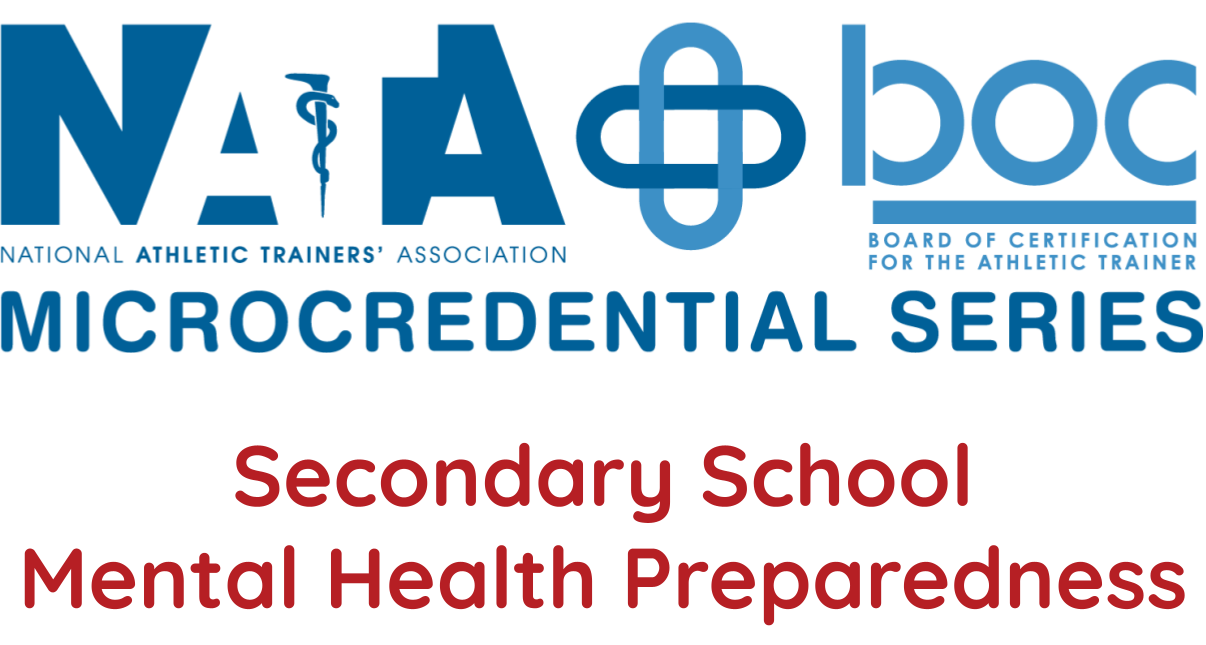
Erin Haugen, PhD, LP, CMPC
Dr. Erin N. J. Haugen, PhD, LP, CMPC, is a licensed psychologist and certified mental performance consultant based in Grand Forks, ND. She is currently employed at Assessment and Therapy Associates of Grand Forks, PLLC (ATAGF), where she provides a range of mental health and performance psychology services to athletes at various competitive levels. Dr. Haugen is also the founder and CEO of Haugen Performance Consulting, PLLC, through which she offers performance psychology consultations, online training modules, and continuing education courses for athletes and professionals in the sports domain. Additionally, she serves as the Director of Mental Health & Performance Psychology for the University of North Dakota Department of Sports Medicine/Athletics, and as a Consulting Sport Psychologist for the University of Minnesota, Crookston.
Content Where I Am Featured
-
Contains 5 Component(s), Includes Credits
Given the increased focus on well-being in the sport environment, it is logical to also attend to the well-being of healthcare professionals working with student-athletes. The athletic trainer´s work environment has a wide range of job demands that can represent challenges to well-being. Approximately 30% of athletic trainers report symptoms of burnout, and burnout is a symptom of these systemic challenges. Factors such as perception of stress and social support appear to be important variables to consider. Attendees will learn about factors related to burnout and how athletic trainers can effectively manage these variables in their own lives. Recommendations for fostering…
-
Register
- Non-member - $25
- Member - Free!
- Student - Free!
- Staff - Free!
- Certified Student - Free!
- Retired - $15
- More Information
-
Register
-
Contains 5 Component(s), Includes Credits
Approximately one-fourth of female college student-athletes and one-fifth of male college student-athletes report at least subclinical eating disorder symptoms. Although most athletic trainers will encounter signs of problematic eating or energy intake, only 25% of athletic trainers felt confident in eating disorder identification. Moreover, a recent survey of head athletic trainers found only 32.89% heard of RED-S, which is a vital component of eating disorder identification. Athletic trainers would benefit from learning about factors increasing risk for mental health difficulties in collegiate athletes, so they can effectively address these concerns in this population.
-
Register
- Non-member - $31.25
- Member - Free!
- Student - Free!
- Staff - Free!
- Certified Student - Free!
- Retired - $18.75
- More Information
-
Register
-
Contains 5 Component(s), Includes Credits
Mental health is an important topic to address within secondary school and collegiate athlete populations, particularly because approximately 75% of mental health disorders begin prior to age 24. Given the integral role of athletic trainers in health care, they are often the first point of contact for athletes experiencing mental health difficulties. Although athletic trainers respond to these emotional experiences, many do not feel equipped to provide psychological assistance. Many also lack direct access to mental health providers trained to work with athletes who can help address these concerns. Therefore, athletic trainers would benefit from learning how to identify and refer athletes experiencing mental health difficulties to…
-
Register
- Non-member - $31.25
- Member - Free!
- Student - Free!
- Staff - Free!
- Certified Student - Free!
- Retired - $18.75
- More Information
-
Register
Please Login
Announcements
Statements of Credit
Statements of Credit for NATA 2025 & NATA EducATe courses can be found on the My Transcript page of NATA EducATe. Statements of Credit from NATA 2024 and prior can be accessed from the Statements of Credit Portal by entering the last name and email used to register for convention.
Reporting Period Update
Certification renewal requirements for the 2024-2025 reporting period are due to the BOC by Feb. 2, 2026 at 5 p.m. CST. For more info or questions, visit bocatc.org or email boc@bocatc.org.
NEW to NATA EducATe?
Review our Getting Started page to learn how to navigate the site, locate your statements of credit, view previously completed courses, and search our catalog for available courses.
Expiration Date Policy for Enhanced Access On-Demand Courses
All courses in our Enhanced Access On-Demand Catalog will expire at the end of the membership year on December 31 at 11:59 p.m. CST. Visit our FAQ page for additional details.

The NATA Leadership Institute equips athletic trainers with skills, mentorship, and experiences that strengthen the profession today and shape its direction for tomorrow.
Registration Open Dec. 1 - Feb. 6

